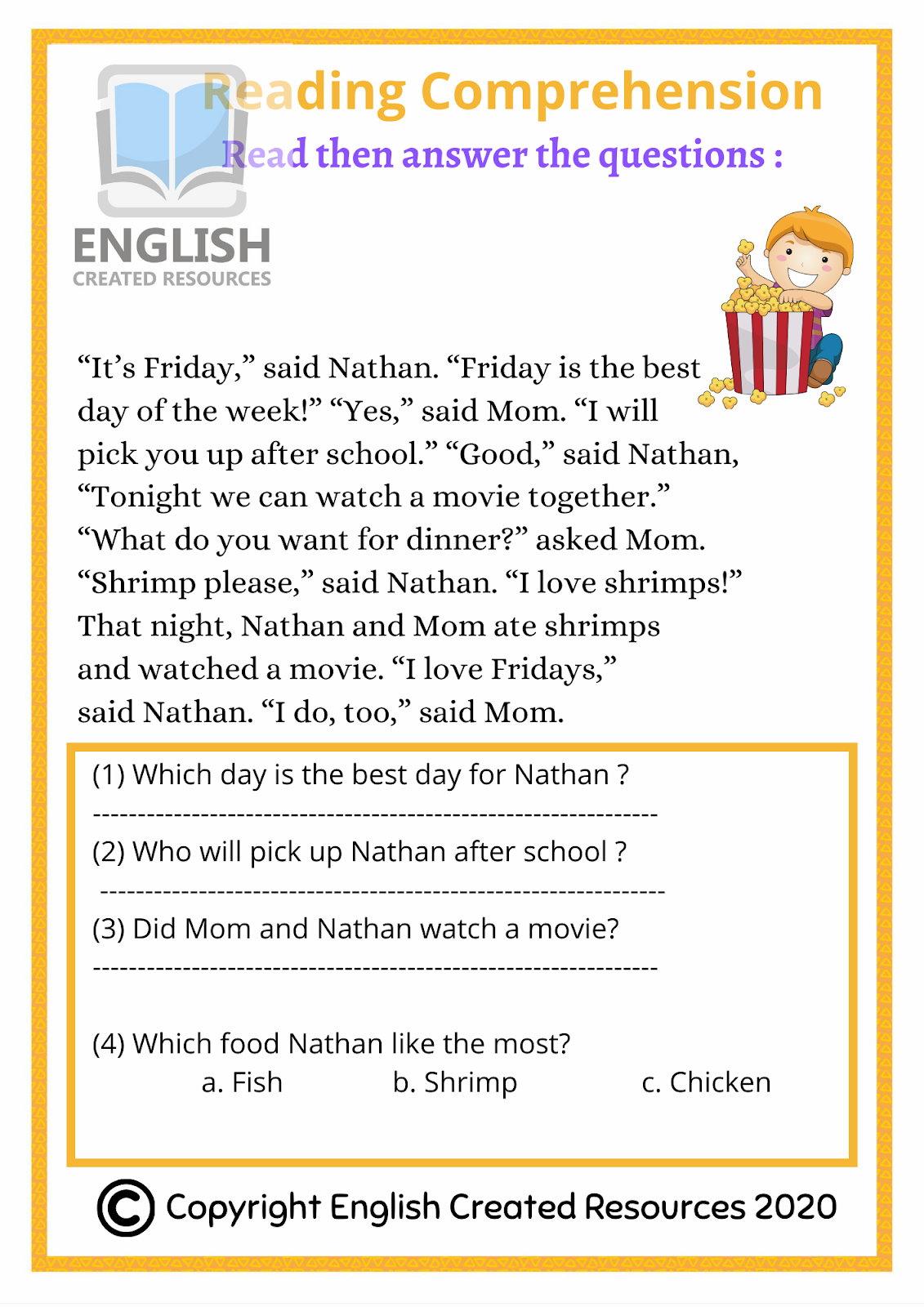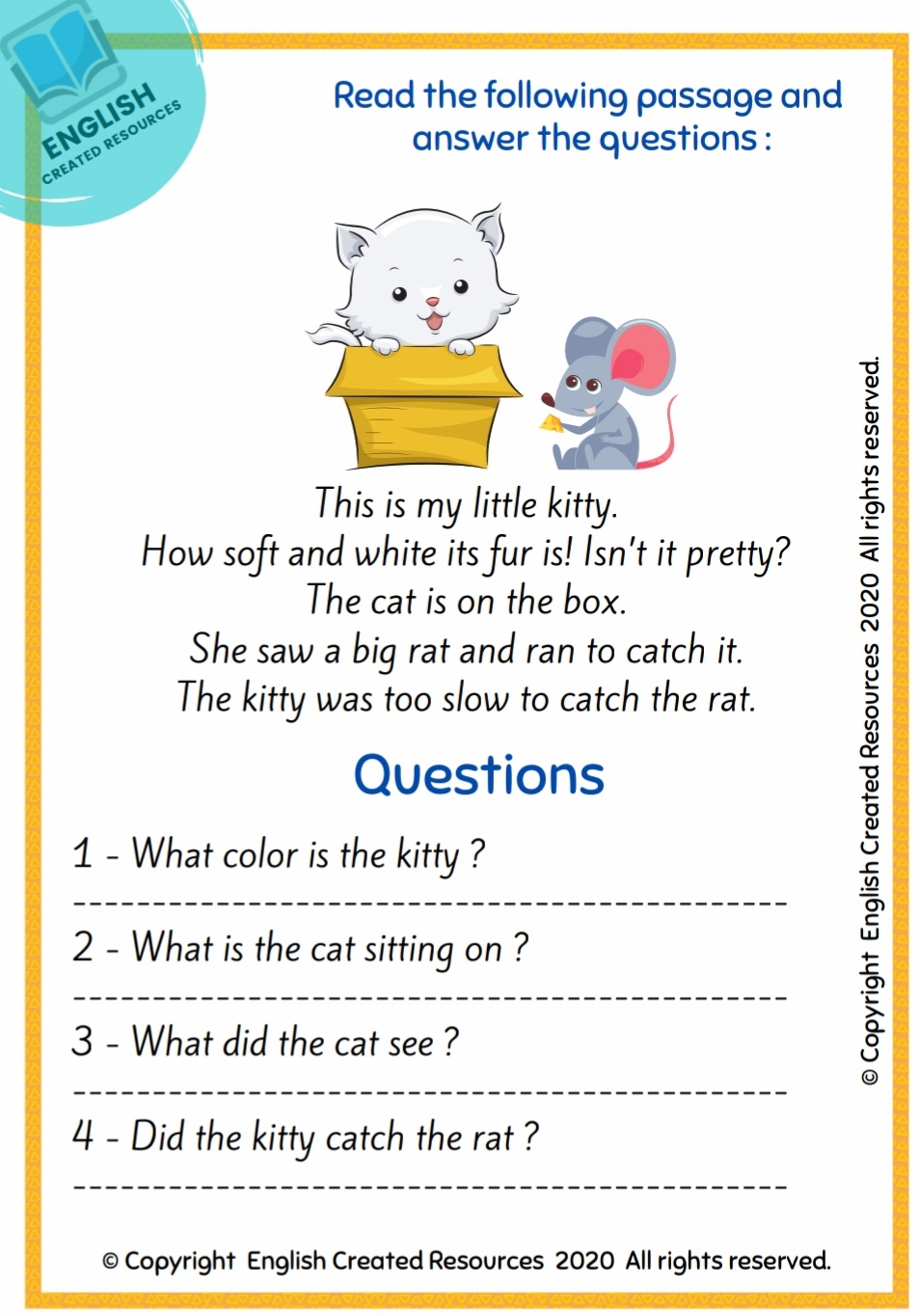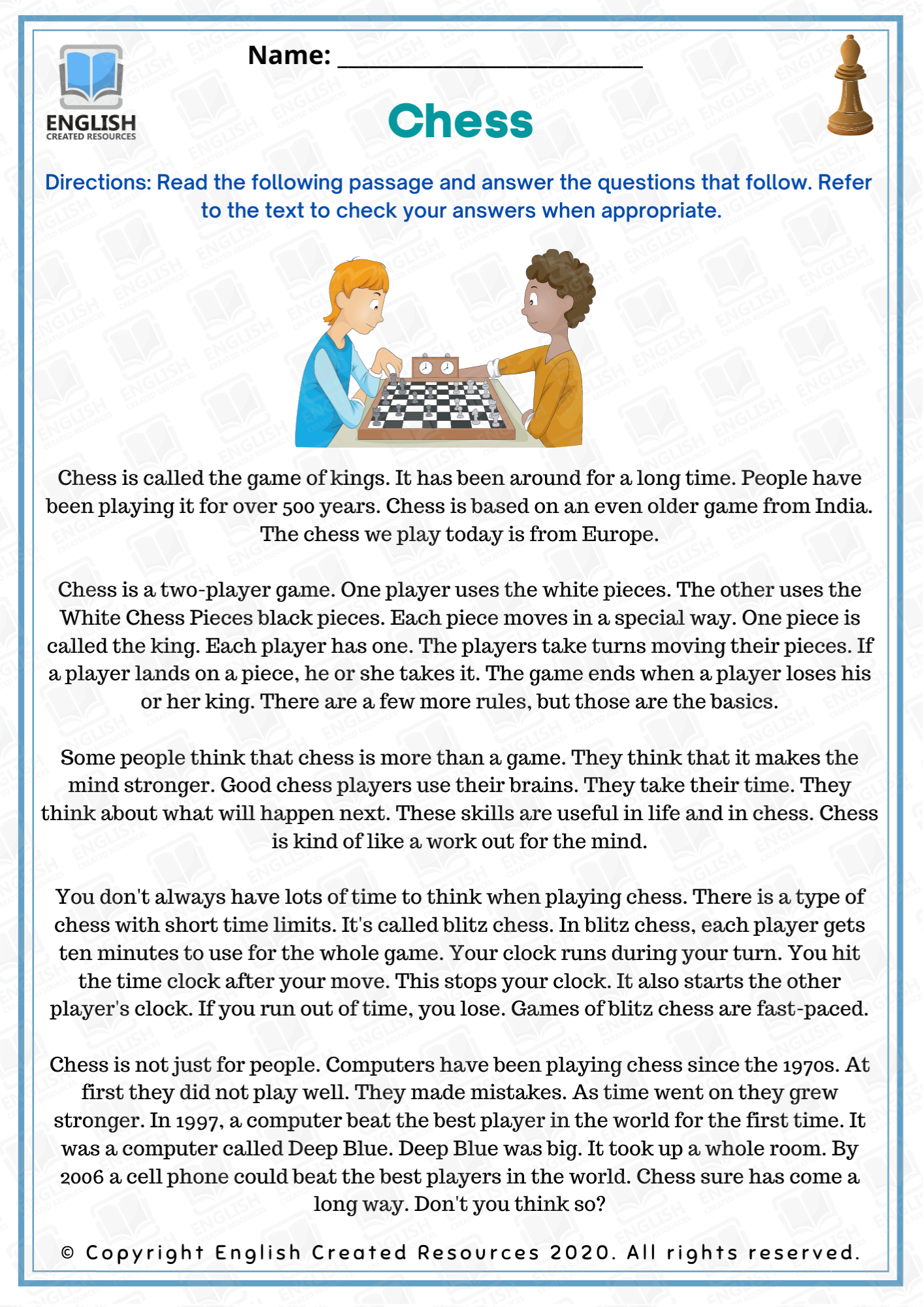Unlocking Fluency: Your Guide to Reading Comprehension for ESL Students
Imagine a student, new to English, holding a book. The words swim on the page, a jumble of unfamiliar sounds and meanings. Frustration mounts. Now, imagine that same student, a few weeks later, their face lit up with understanding as they discuss the story with a classmate. What changed? The answer often lies in targeted practice of reading comprehension skills.
For English as a Second Language (ESL) students, the journey to fluency is paved with vocabulary lists, grammar rules, and hours spent listening to native speakers. Yet, one crucial element often gets overlooked: reading comprehension. It's not enough to simply decode words; true understanding involves extracting meaning, making inferences, and connecting text to prior knowledge. This is where focused work on reading comprehension comes in.
The importance of reading comprehension for ESL students cannot be overstated. It forms the bedrock of academic success, allowing students to access information across various subjects. It opens doors to new cultures and perspectives, fostering empathy and global awareness. Moreover, strong reading comprehension skills are highly sought after in today's globalized job market.
However, ESL students often face unique challenges when it comes to reading comprehension. Unfamiliar vocabulary, complex sentence structures, and cultural differences can all pose significant obstacles. That's why it's essential to approach reading comprehension with a toolbox of strategies specifically tailored to their needs.
One effective approach involves incorporating a variety of engaging materials into the learning process. Think beyond traditional textbooks – articles, short stories, poems, and even graphic novels can spark interest and motivation. The key is to select texts that are both engaging and appropriate for the student's language proficiency level.
Teachers and tutors can further enhance reading comprehension by incorporating active reading strategies. Before diving into a text, encourage students to preview the material, looking for headings, images, and keywords. This helps activate prior knowledge and sets the stage for comprehension.
During reading, pausing at regular intervals to ask and answer questions can ensure that students are actively engaging with the material. After reading, summarizing the main points, discussing the text with peers, and engaging in creative writing activities can solidify understanding and encourage deeper analysis.
Advantages and Disadvantages of Using PDF Resources for Reading Comprehension
Utilizing PDF resources for enhancing ESL student reading comprehension presents a unique set of advantages and disadvantages:
| Advantages | Disadvantages |
|---|---|
|
|
To maximize the benefits of PDF resources, consider supplementing them with interactive activities, personalized feedback, and a blend of digital and traditional learning tools.
In conclusion, the ability to comprehend written English is an indispensable skill for ESL students. It paves the way for academic achievement, personal growth, and success in an increasingly interconnected world. By embracing engaging materials, employing effective strategies, and providing ample opportunities for practice, educators and learners can work together to unlock the transformative power of reading comprehension.
Unlocking brilliance with behr ultra pure white paint
Download drama korea sweet home 2 your guide to monster mayhem
Boat lift guide posts your vessels vertical valet














